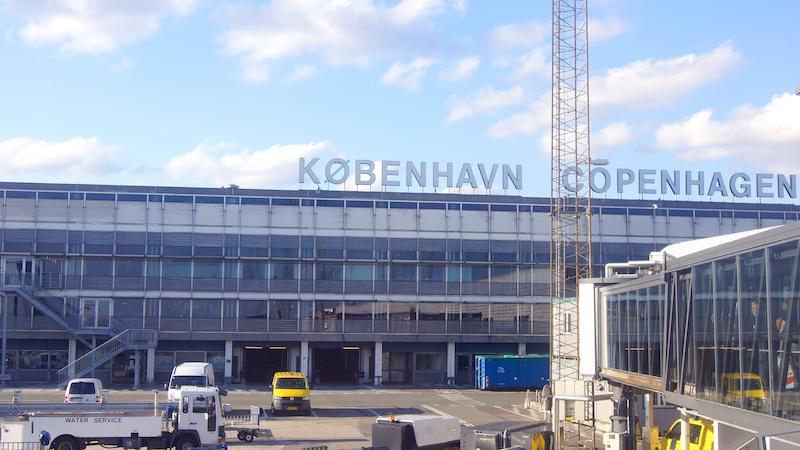ACI Europe Accuses Danish Government Of Political Greenwashing Over Passenger Tax

Credit: Christian Heinz/Alamy Stock Photo
ACI Europe Director General Olivier Jankovec has accused the Danish government of “political greenwashing” over plans to introduce a new passenger tax on domestic and international routes from 2025. The proposed tax is expected to average at DKK70 ($10) per passenger in 2025, rising to an average of...
Subscription Required
This content requires a subscription to one of the Aviation Week Intelligence Network (AWIN) bundles.
Schedule a demo today to find out how you can access this content and similar content related to your area of the global aviation industry.
Already an AWIN subscriber? Login
Did you know? Aviation Week has won top honors multiple times in the Jesse H. Neal National Business Journalism Awards, the business-to-business media equivalent of the Pulitzer Prizes.





